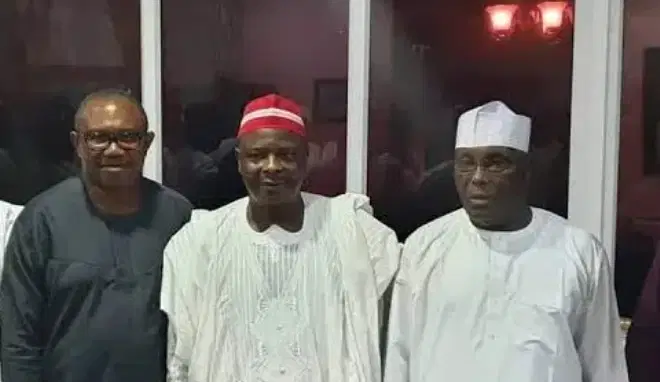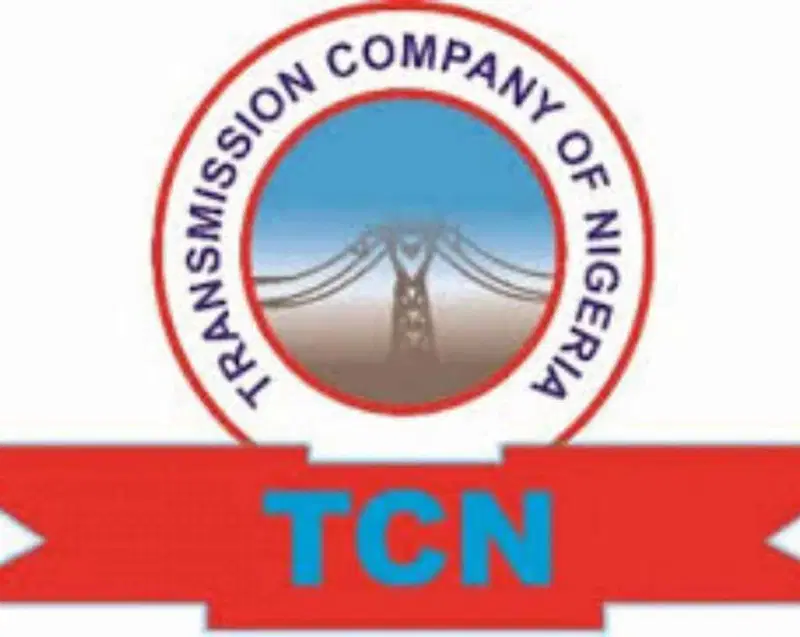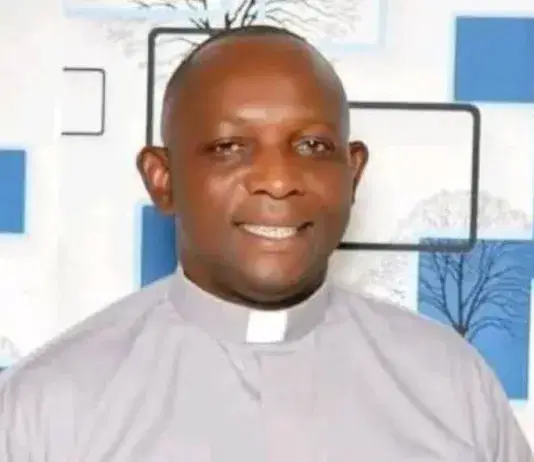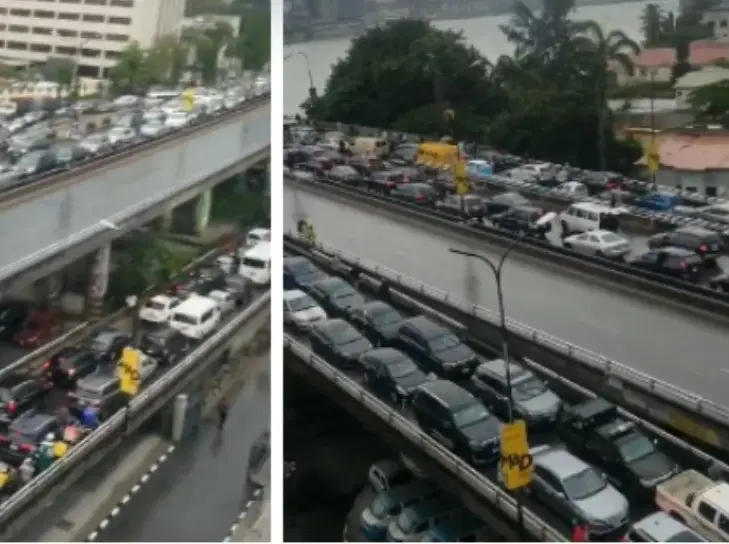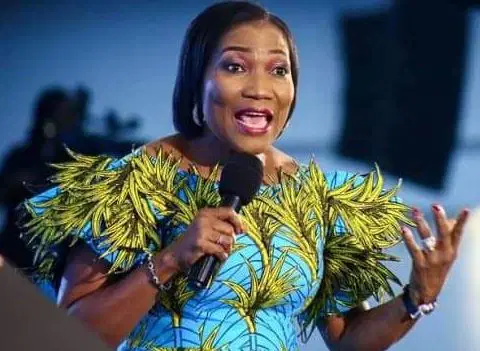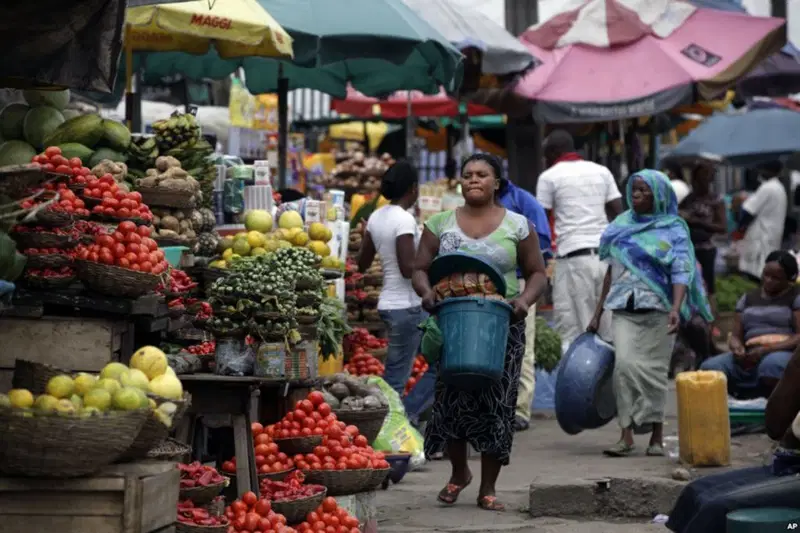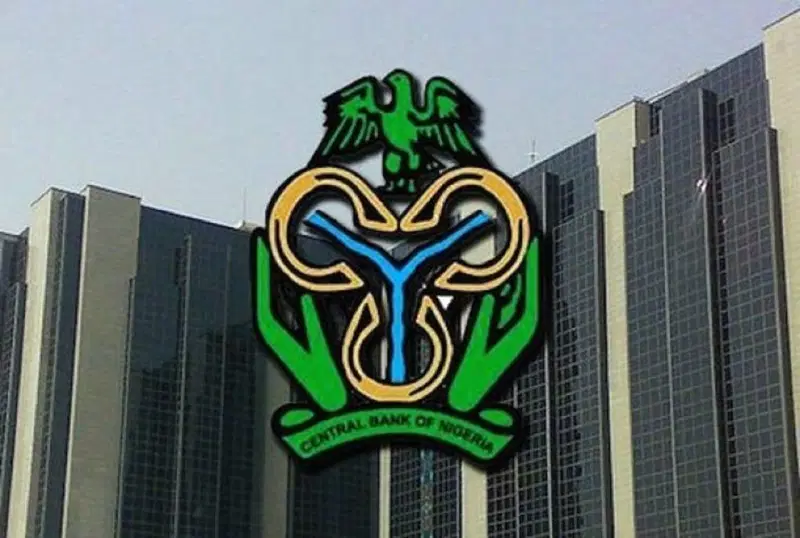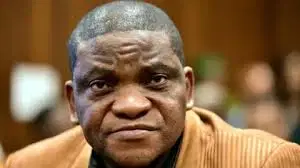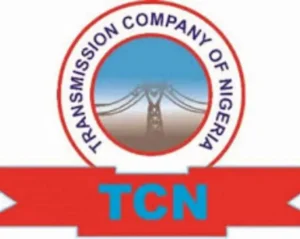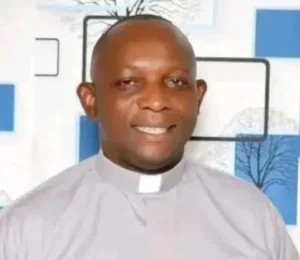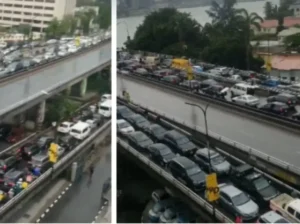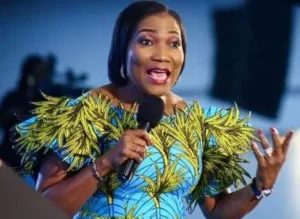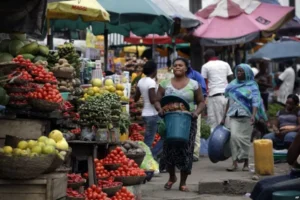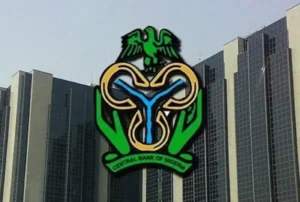- Politicians disagree on reasons for opposition parties’ crumbling after elections
- Many attribute exodus to selfish interest and lack of respect for party ideology
- Some argue defections are justifiable if politicians are unjustly treated
The opposition parties in Nigeria are facing a crisis, with many politicians defecting to the ruling All Progressives Congress (APC) after the 2023 general elections. This trend has sparked a debate among politicians, with some attributing the exodus to selfish interest and lack of respect for party ideology, while others argue that defections are justifiable in certain circumstances.
According to Senator Chris Ekpenyong, the judiciary has a key role to play in addressing the problem. He noted that the constitution explicitly states that elected officials cannot change their political party once they have contested and won an election on that platform ¹. Ekpenyong warned that tilting towards a one-party system is wrong and unhealthy for Nigeria’s democracy.
Elder Wole Oyelese, a PDP chieftain and ex-Minister of Power and Steel, described the phenomenon of opposition politicians defecting to ruling parties as a “profound crisis” in Nigeria’s political landscape. He argued that this trend reflects a disheartening reality where the allure of power and personal enrichment often overshadows politicians’ original convictions and commitments to the electorate.
The Labour Party (LP) has lost at least 18 lawmakers to the APC, while the Peoples Democratic Party (PDP) has lost scores of elected officials, including 27 members of the Rivers State House of Assembly. This raises concerns about the stability of opposition parties in Nigeria and the implications for democratic governance.

